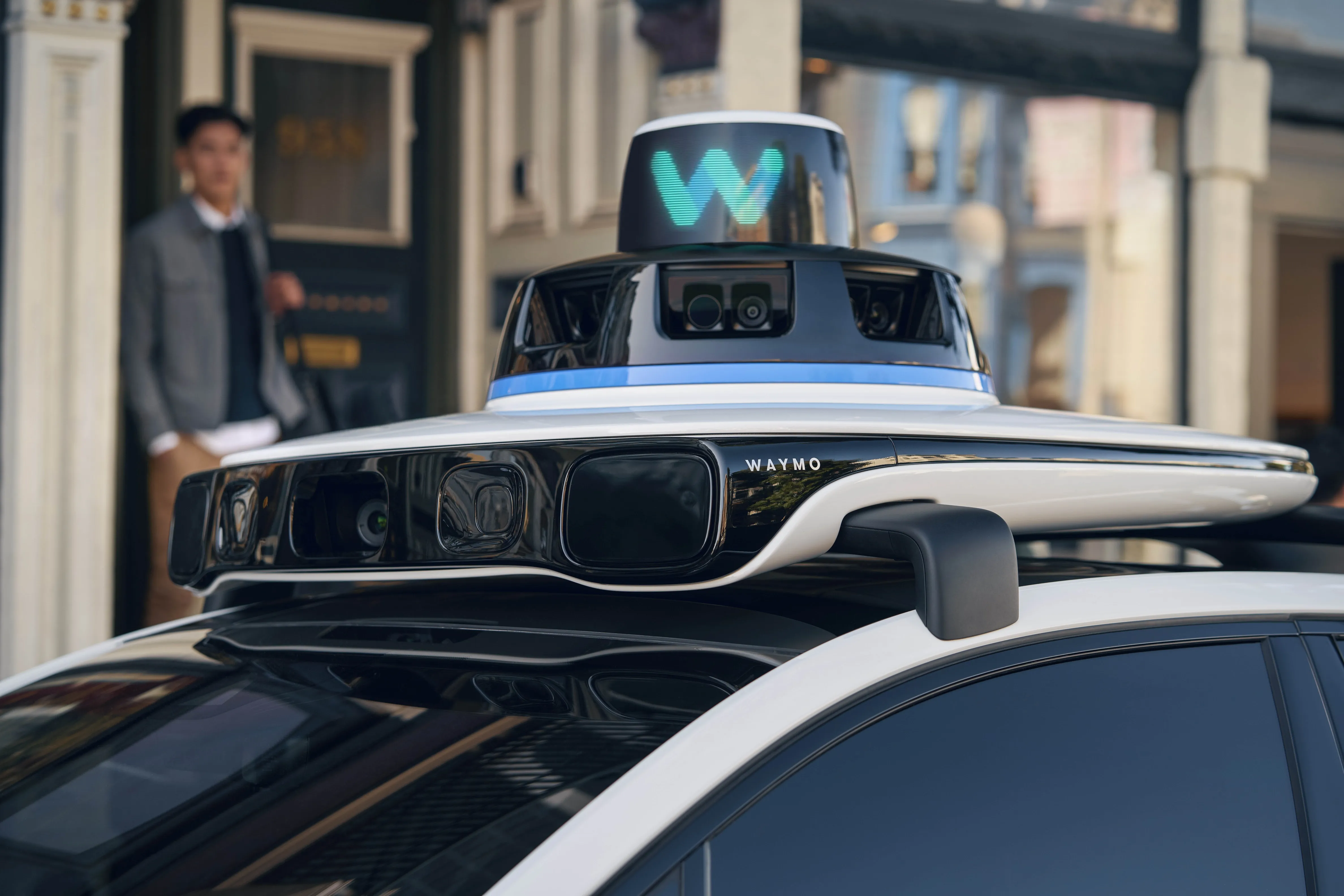Uber has won the right to challenge a Transport for London (TfL) rule which would require some of its drivers to pass an English language test.
Announced by TfL last year and due to take effect from 1 October, the rule would mean that drivers who are not from English-speaking countries would have to take an English reading, writing and listening test, which TfL said was ‘in the interests of public safety’. Uber had previously supported the test, but now argues it is too rigorous and costly.
September 2, 2016
Read time: 2 mins
RSS8336 Uber has won the right to challenge a 1466 Transport for London (TfL) rule which would require some of its drivers to pass an English language test.
Announced by TfL last year and due to take effect from 1 October, the rule would mean that drivers who are not from English-speaking countries would have to take an English reading, writing and listening test, which TfL said was ‘in the interests of public safety’. Uber had previously supported the test, but now argues it is too rigorous and costly.
Following a judicial review, Uber has won the right to challenge the ruling if exemptions can be put in place, although there are other outstanding issues Uber wishes to challenge, such as TfL’s requirement for an Uber call centre in London.
Tom Elvidge, general manager of Uber London, said: "We're pleased the judge has decided this case deserves a hearing. TfL's plans threaten the livelihoods of thousands of drivers in London, while also stifling tech companies like Uber."
Announced by TfL last year and due to take effect from 1 October, the rule would mean that drivers who are not from English-speaking countries would have to take an English reading, writing and listening test, which TfL said was ‘in the interests of public safety’. Uber had previously supported the test, but now argues it is too rigorous and costly.
Following a judicial review, Uber has won the right to challenge the ruling if exemptions can be put in place, although there are other outstanding issues Uber wishes to challenge, such as TfL’s requirement for an Uber call centre in London.
Tom Elvidge, general manager of Uber London, said: "We're pleased the judge has decided this case deserves a hearing. TfL's plans threaten the livelihoods of thousands of drivers in London, while also stifling tech companies like Uber."
Uber puts electric cars on the road in London
Ride-hailing company Uber is teaming up with
Uber has partnered with The Energy Saving Trust, a UK organisation that promotes the sustainable use of energy, in the pilot which will look at how Uber and private hire companies can begin making the switch to electric vehicles.
By October, Uber plans to have more than 50 fully electric cars on London’s roads. It also plans to bring electric vehicles to its app in at least one other UK city.







